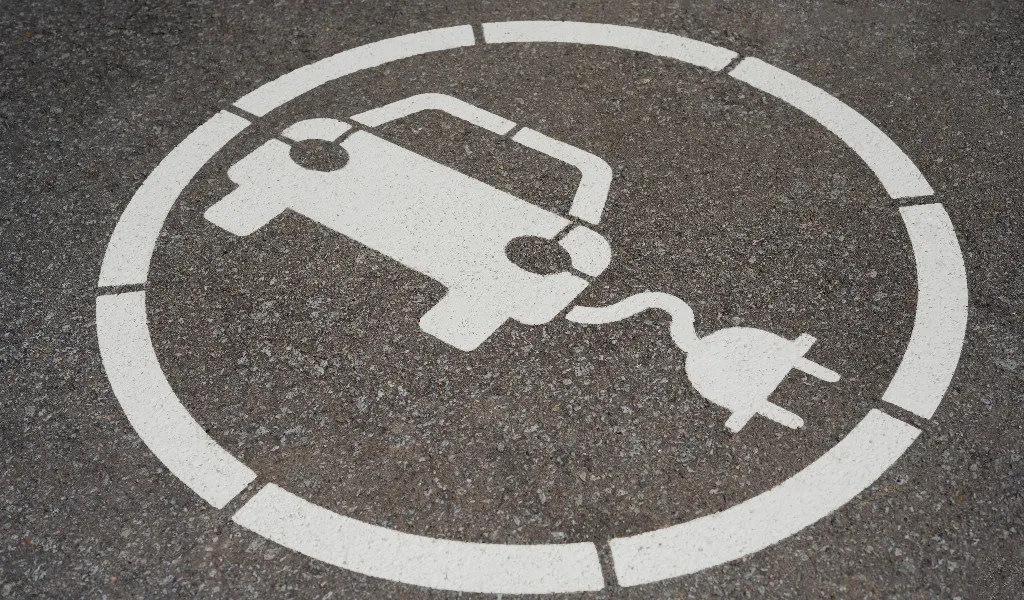Wireless EV Charging Moves from Pilot Projects to Real Streets
Wireless charging technology, once limited to small-scale pilots, is now entering public EV charging infrastructure . In London and Oslo, selected taxi lanes and bus depots are being equipped with inductive pads that allow vehicles to recharge simply by parking above them.
How Wireless Charging Works
Inductive Pads: Embedded in the ground and connected to the grid.
Receivers: Installed on the underside of EVs to capture power wirelessly.
Smart Control: Integrated with dynamic load management for efficient energy distribution.
Benefits for Cities and Fleets
Wireless systems reduce the need for visible hardware and cables, improving safety and urban aesthetics. Fleet operators gain faster turnaround times without manual plug-in, making it attractive for taxis, buses, and logistics depots.
Click&Plug’s Role
Click&Plug works on ensuring its white-label solutions and open APIs remain compatible with new charging technologies, including inductive systems.
Want to know how future-ready charging can transform your operations? Contact us.

